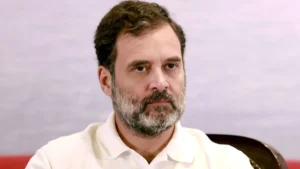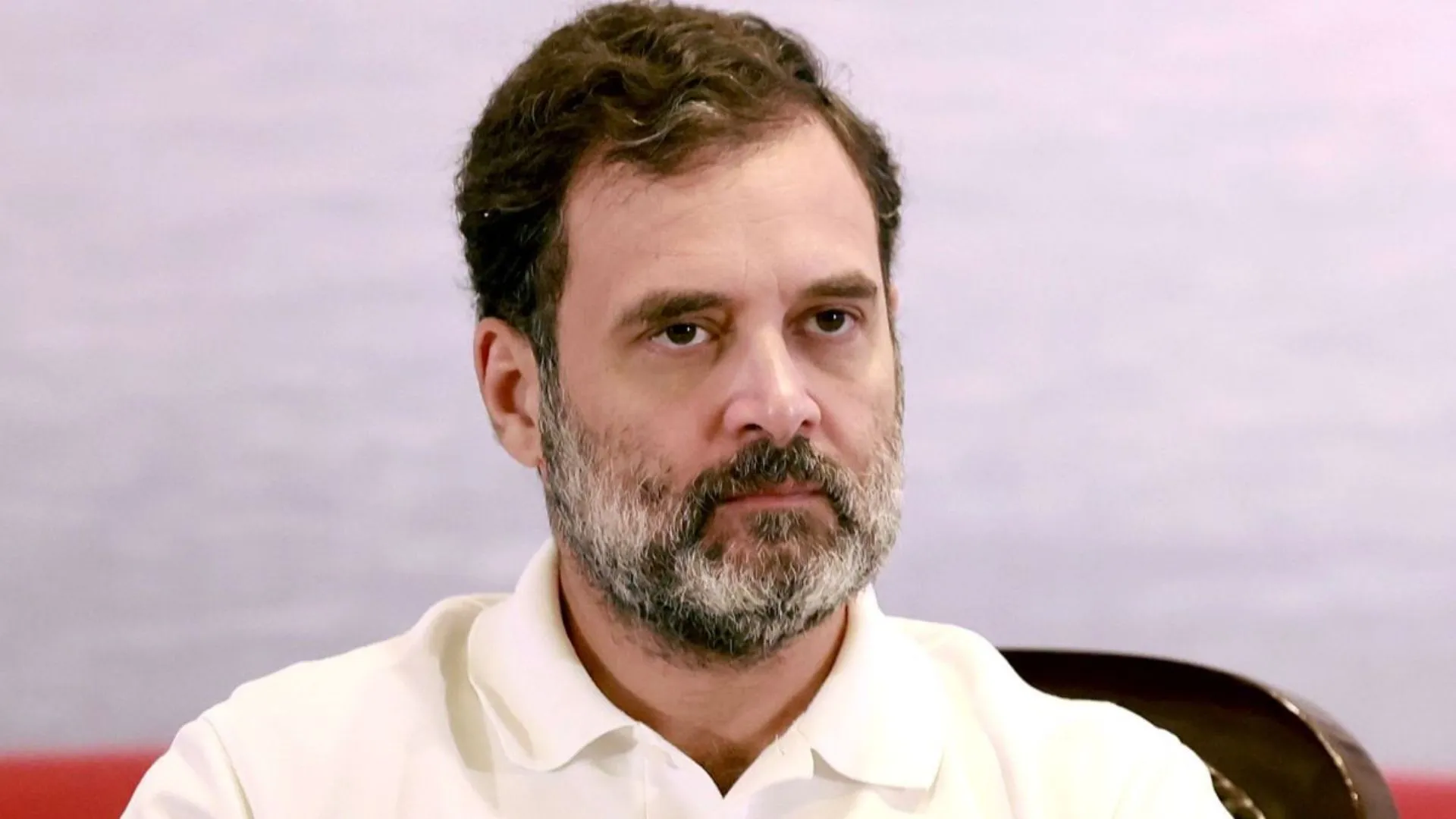The West Bengal Cold Storage Association (WBCSA) has strongly criticized the state’s recent ban on interstate potato shipments, calling it a move that could cause “irreparable damage” to the potato industry. The association, which represents the operators of cold storage facilities across the state, has urged authorities to reconsider their decision, which has disrupted the traditional trade of potatoes, particularly to neighboring regions. Historically, about 40% of West Bengal’s potato production is exported to other states, and the ban has significantly affected this crucial trade route.
The ban, which was implemented to prevent a potato shortage in West Bengal, has resulted in a backlog of the vegetable in cold storage facilities, particularly in southern districts like Bankura, Medinipur, Bardhaman, and Hooghly. These regions are the primary sources of potato production in the state. According to WBCSA officials, the decision has led to substantial financial losses for both farmers and cold storage operators, as the unsold stock of potatoes continues to pile up.
Subhajit Saha, vice-president of the WBCSA, pointed out the severe impact on small and medium-sized farmers, who are already struggling due to the restrictions. He warned that the situation could prove disastrous not just for the cold storage industry but also for the broader rural economy. The restriction on interstate trade has compounded the financial difficulties of these farmers, threatening their livelihoods.
While the state government has defended the ban as a measure to stabilize potato prices within West Bengal and protect consumers from inflation, the WBCSA sees it as harmful to both farmers and the potato industry. Saha explained that varieties such as ‘Jyoti’ and ‘Chandramukhi’ are primarily consumed within the state, but the surplus from southern districts typically finds its way to markets outside West Bengal. With the ban in place, these potatoes are now at risk of rotting, especially as new potatoes will start arriving in late December.
The cold storage industry is already grappling with low occupancy rates, and the ban on interstate movement has only worsened the situation. WBCSA members have warned that if the government does not lift the ban soon, it could lead to distress sales and massive wastage, further devastating the rural economy. In an attempt to address the crisis, the state government has extended the storage time limit until the end of December, but the long-term effects of the ban remain to be seen.
The WBCSA’s plea reflects the deep concerns of the cold storage sector and farmers in West Bengal, who are calling for urgent relief from the restrictions that have crippled the industry and placed considerable strain on the rural economy.
Also Read: Anticipatory Bail GRANTED To Sushil Singhania, Uncle Of Atul’s Wife, Updates






















